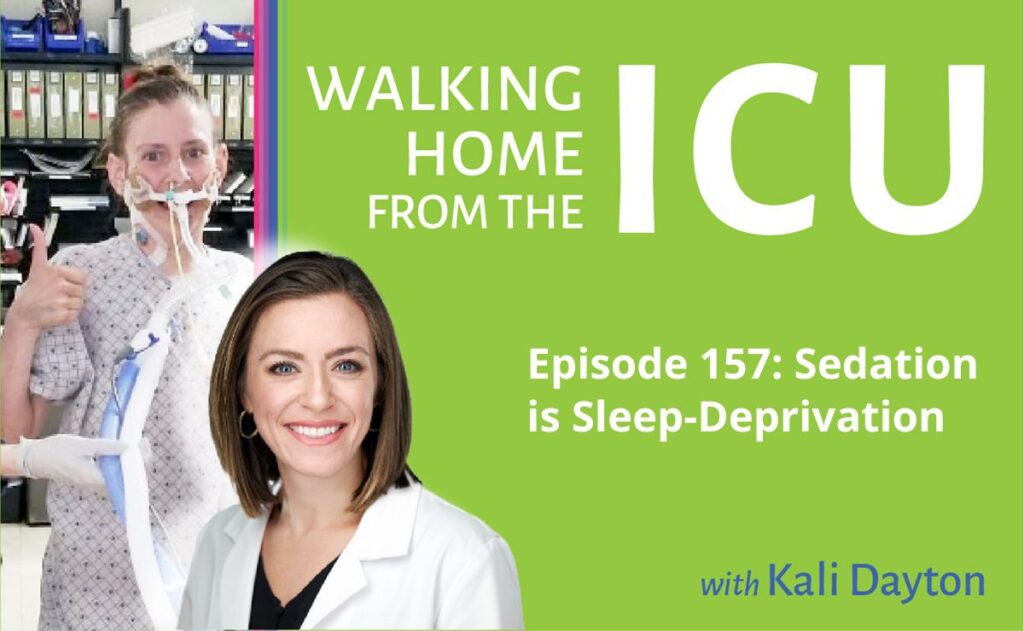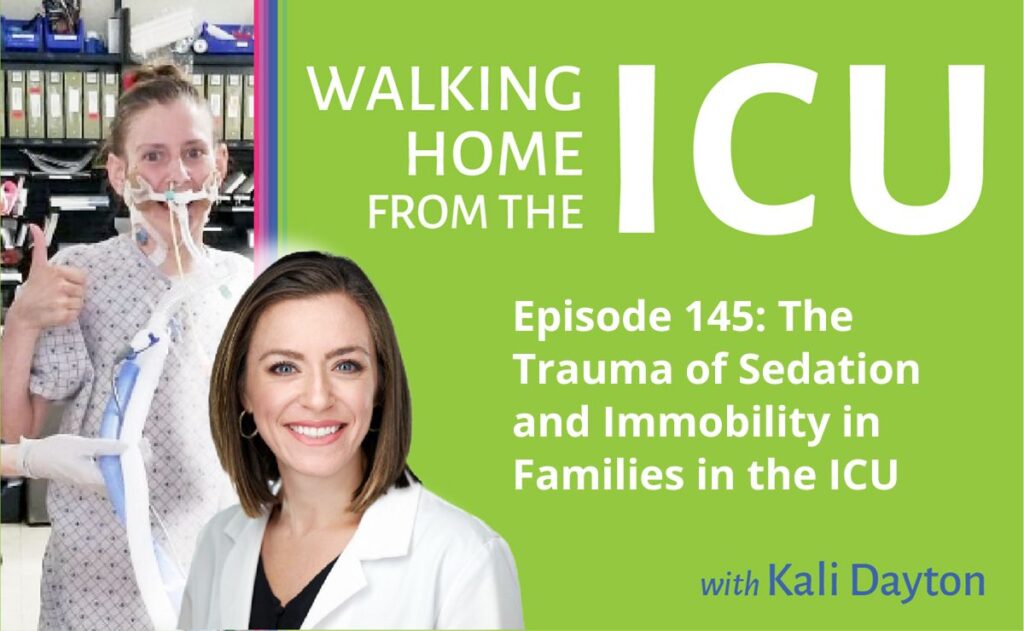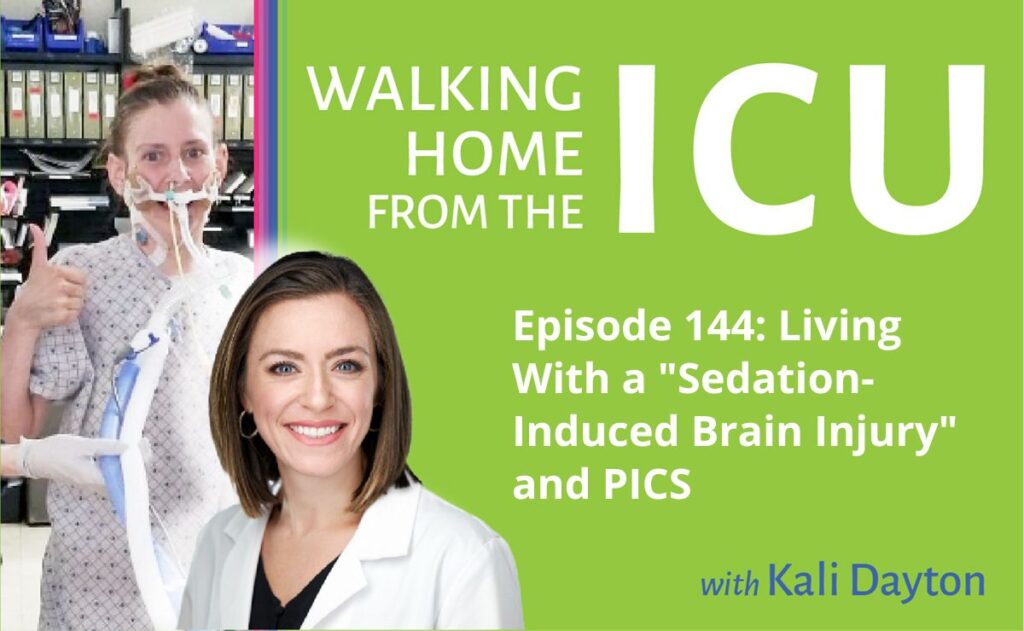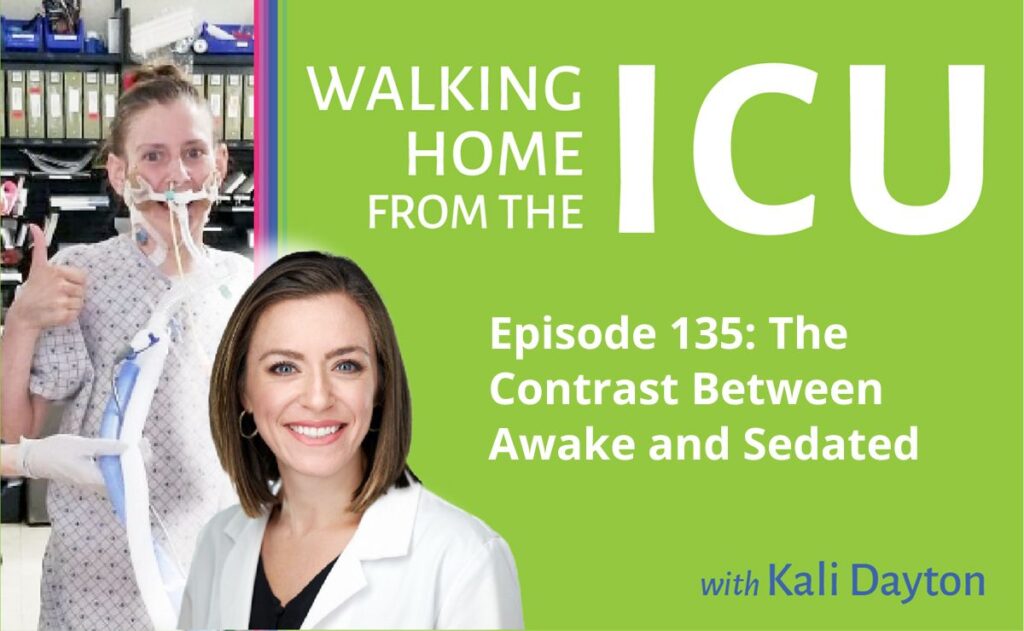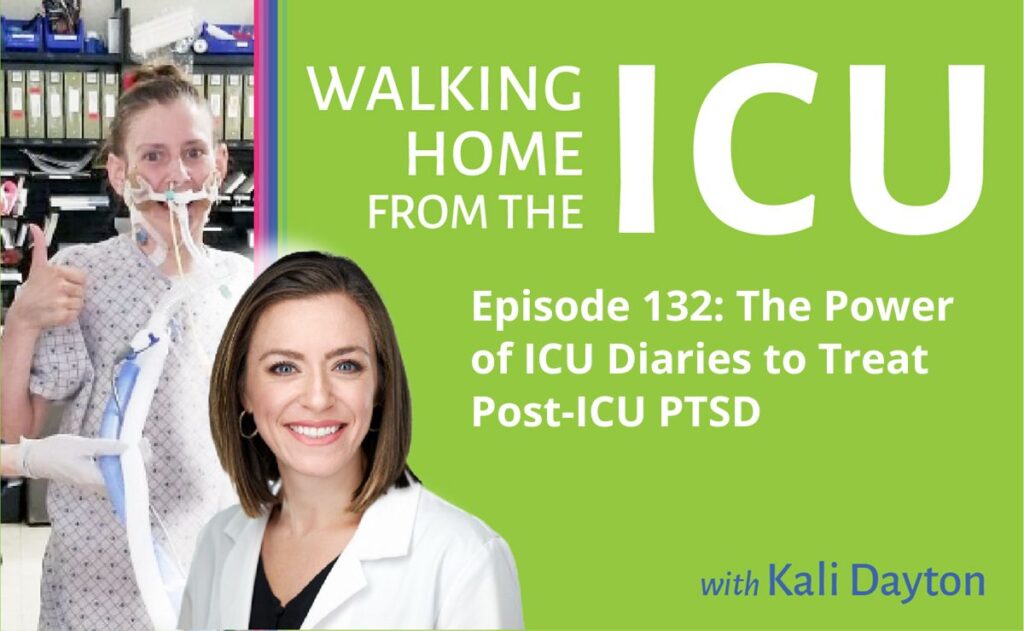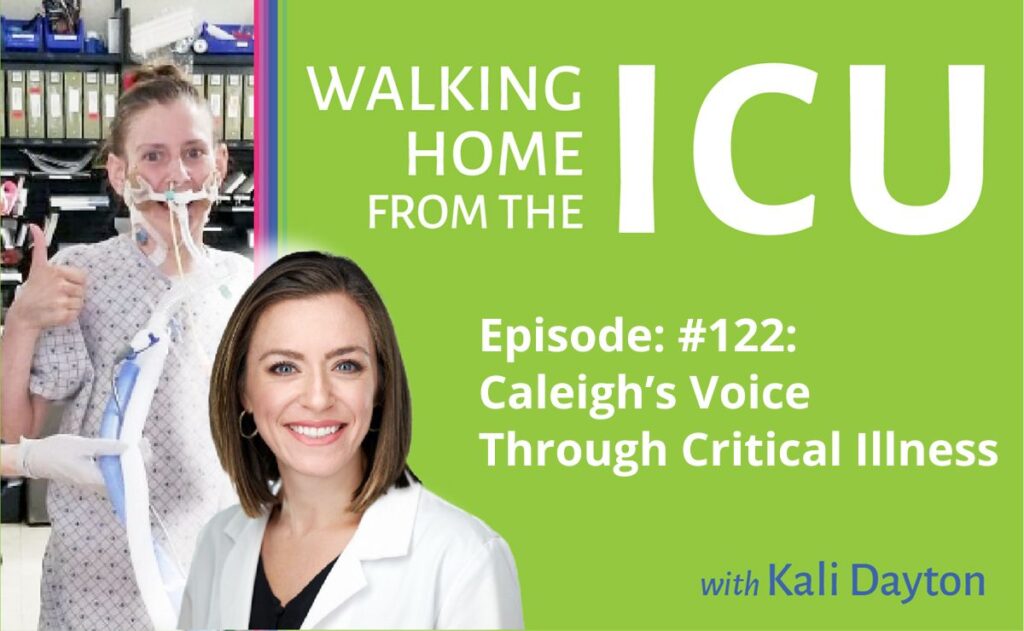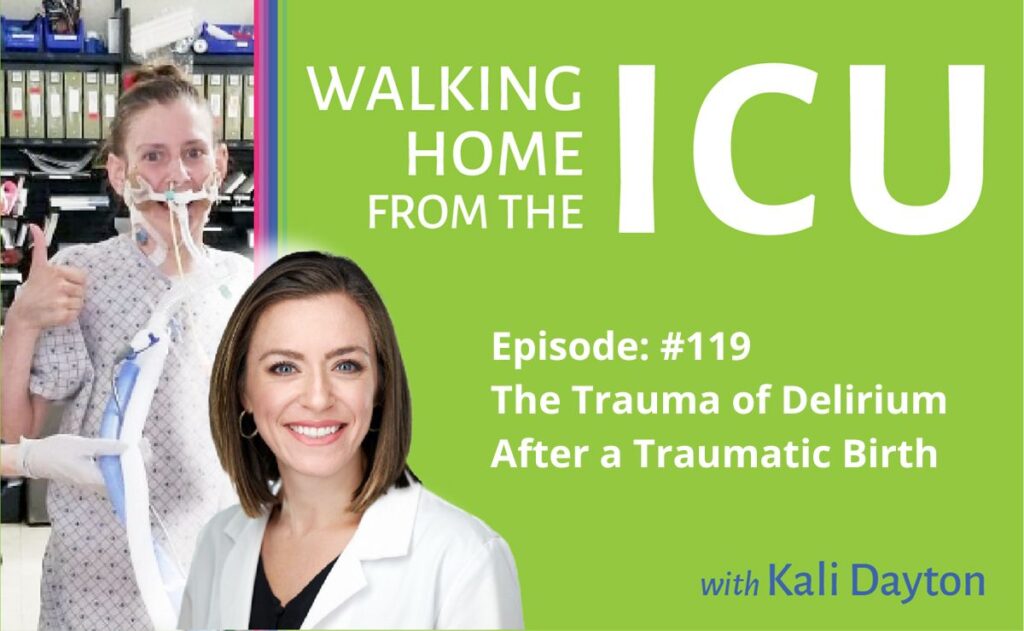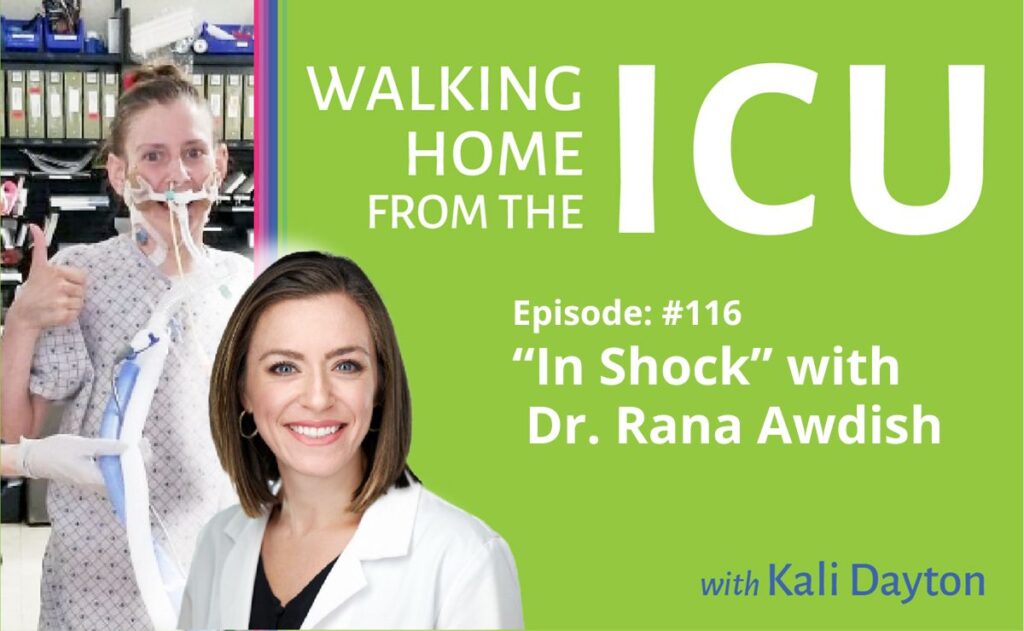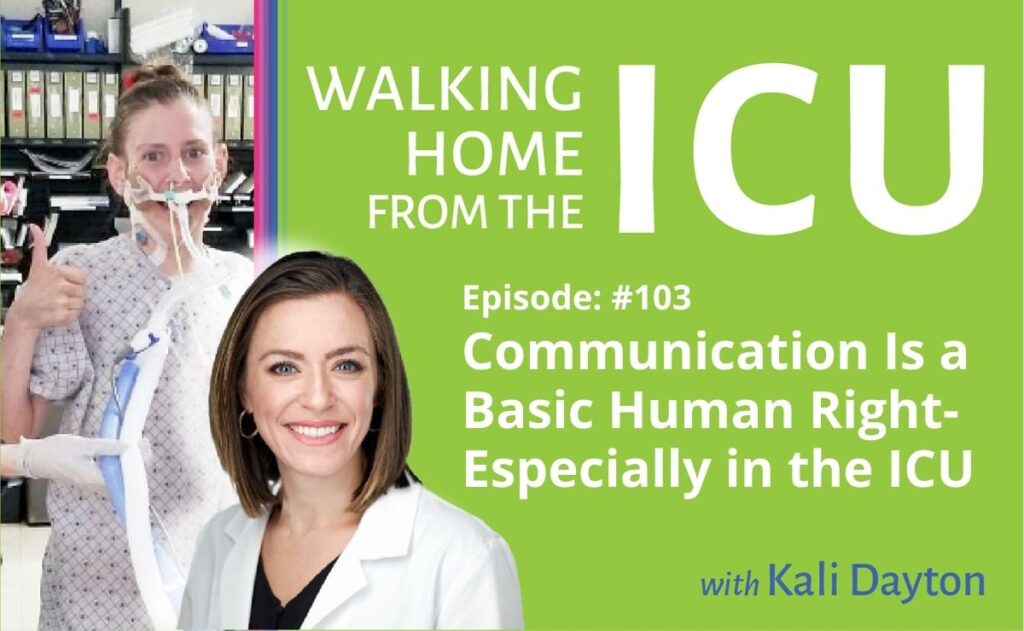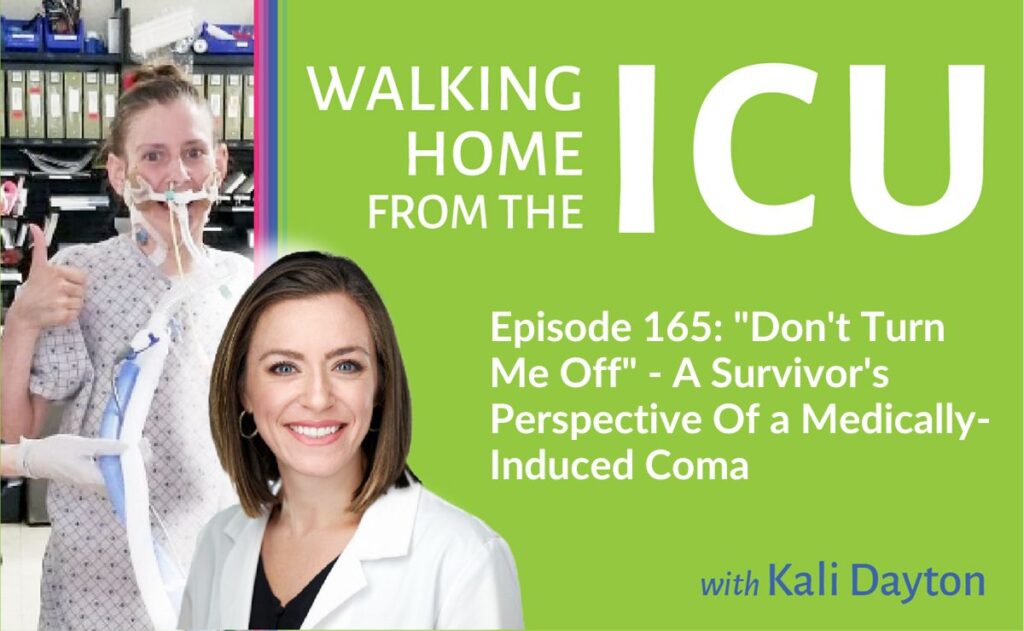
Are patients sleeping during medically-induced comas? Are they more comfortable and free of trauma while sedated? Can patients hear, feel, and understand their surroundings while in a medically-induced coma? Do patients know when sedation is turn up higher? Do they know which providers will let them wake up and which ones will try to “turn
